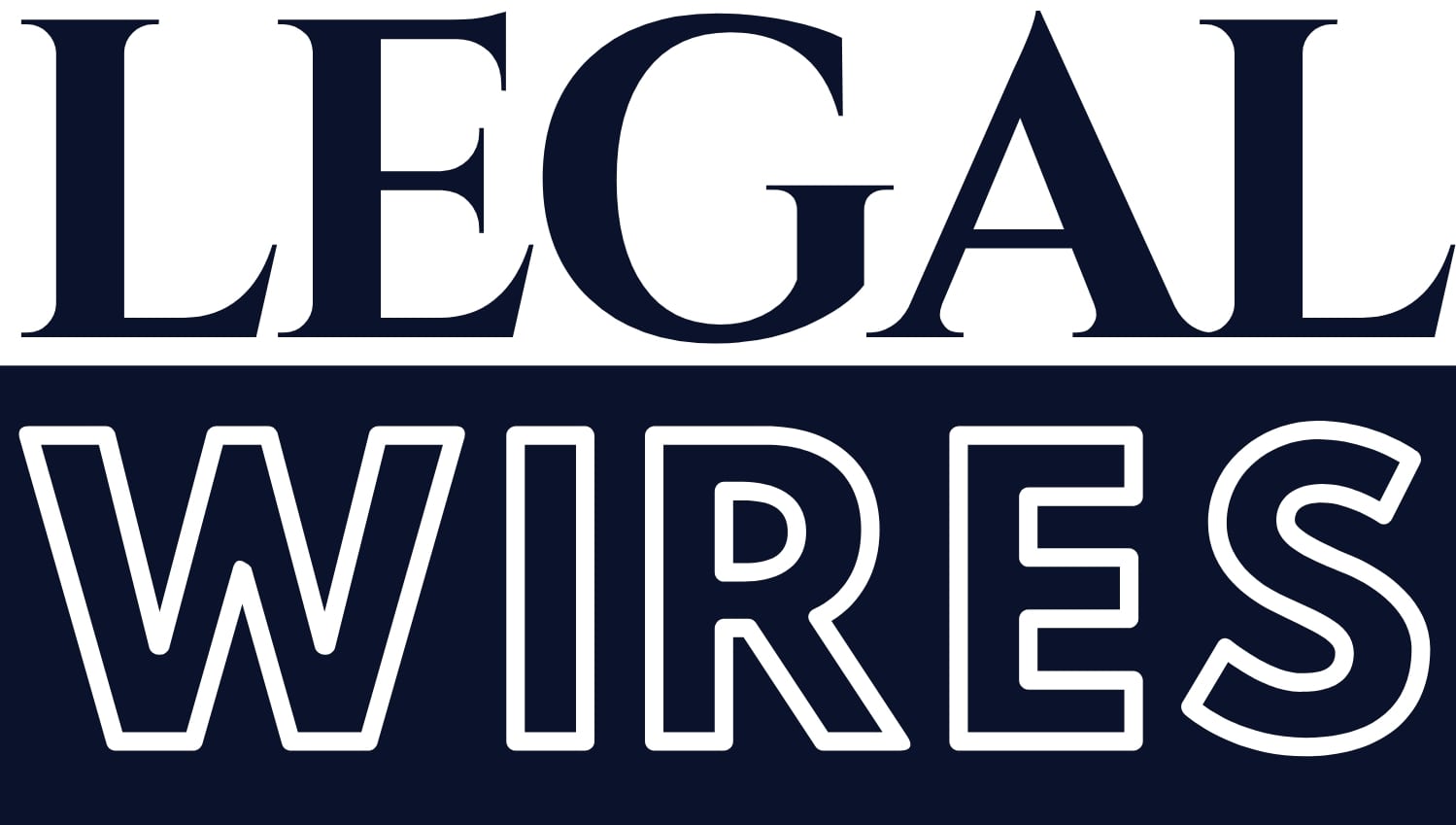Oct 11, 2021 07:53 UTC
| Updated:
Oct 11, 2021 at 07:53 UTC
SC: Online education access cannot be denied to underprivileged children
The Supreme Court of India observed that if the fundamental right to education under “Article 21A of the Constitution has to become a reality,” then the needs of underprivileged children “to receive adequate access to online education cannot be denied.”
Action Committee Unaided Recognized Private Schools v. Justice for all & Ors.
The Bench of Justice DY Chandrachund and Justice BV Nagarathna passed the order while issuing notice in a special leave petition against a judgment of the Delhi High Court.
In this case, the High Court had directed the private unaided and government schools in Delhi to supply free gadgets and equipment of optimal configuration, along with an internet package, to students from underprivileged and disadvantaged groups so that they can access online education. Further, the high court asked the schools to seek reimbursement of costs from the state government.
Justice Chandrachud has reiterated that the necessity of providing adequate equipment and access to online education facilities to underprivileged students. The bench remarked that during the course of the pandemic, the digital divide in India has created a “stark inequality in terms of access to education.” As a consequence of a lack of access to the internet and computers, underprivileged children will be unable to fully pursue their education and may be forced to drop out.
The bench also opined that the state could not avoid its obligations under Article 21A Constitution of India, which codifies the right to education as a fundamental right for children between 6 to 14 years, citing a lack of funds. Furthermore, governments at all levels of the federal structure must cooperate to guarantee that suitable facilities are formed available to children from all socio-economic backgrounds, ensuring that those who lack resources are not denied access to education. The failure to provide access to online education would defeat the entire purpose of the Right of Children to Free and Compulsory Education Act, 2009, which has been enacted to uphold Article 21A.
Therefore the Apex Court ordered the Delhi Government to devise a plan of action to provide realistic access to education to underprivileged students in schools and also directed the Central Government to work in coordination with other state governments on this issue immediately.




































